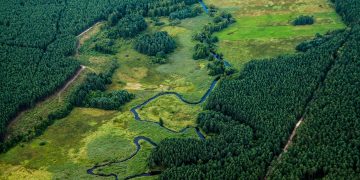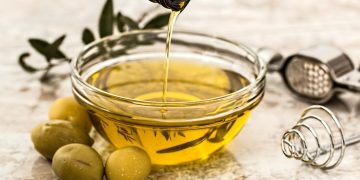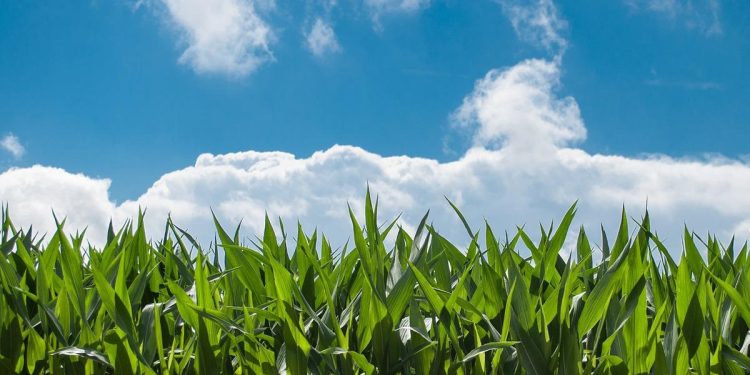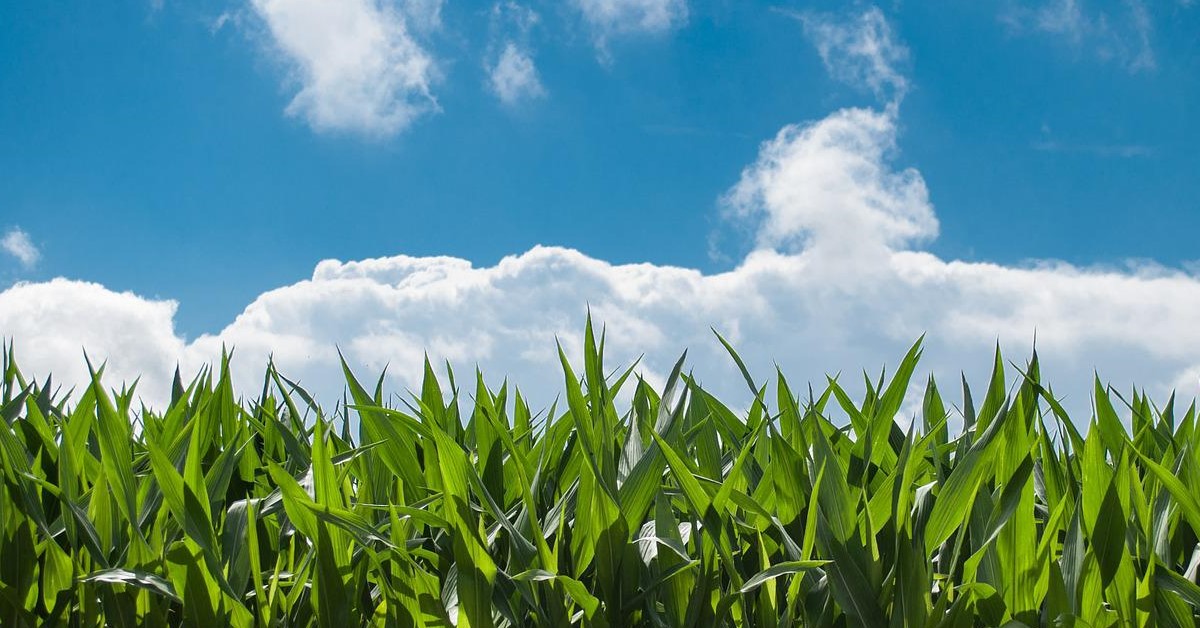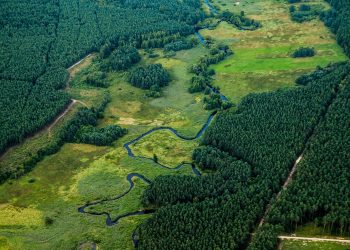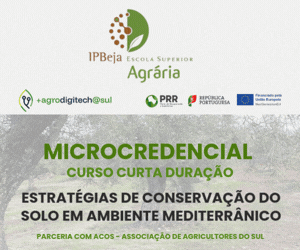Heat stress is harmful to maize and can adversely affect production if not closely monitored and controlled, an expert has cautioned.
Dr Katie Murphy, Principal Investigator and Director of Plant Phenotyping at Donald Danforth Plant Science Center says results from an experiment they conducted in their phenotyping facility show that heat reduces plant size in all maize genotypes.
The results of the experiment further indicate that heat stress makes maize plants less green, although a strong effect on the green does not necessarily mean a strong effect on growth.
Climate change will affect agricultural production worldwide, with average global crop yields for maize expected to decrease by 24 percent by the late century, if current climate change trends continue.
“However, heat stress at early stages of maize plants [where the experiment was conducted] will affect long-term growth, so understanding heat tolerance at this early stage is important and relevant,” said Dr Murphy.
She made a presentation titled Beat the Heat: How maize responds to heat stress in a seminar at Cornell University in the United States.
Her experiment lifts the lid on how much heat maize and, by extension, other plants can take and still give maximum yield.
Plant phenotyping refers to a quantitative description of the plant’s anatomical, ontogenetic, physiological, and biochemical properties.
In a paper published by the National Library of Medicine, Ahmed H El-Sappah and others write that an increase in temperature and extreme heat stress is responsible for the global reduction in maize yield.
“Despite the explored molecular mechanism underlying heat stress response in some plant species, the precise genetic engineering of maize is required to develop high heat-tolerant varieties,” reads the paper.
In their experiment, Dr Murphy and her team tested 2,280 plants from 47 inbred maize varieties using image-based phenotyping and the results showed that tolerant plants were bigger under heat stress but not smaller under control conditions.
Plant phenotyping, according to the Plant Methods journal, refers to a quantitative description of the plant’s anatomical, ontogenetic, physiological, and biochemical properties.
A paper published in the Journal of Integrative Agriculture indicates that maize may suffer from heat stress in all of the growth stages, either continuously or separately.
Dr Murphy says image-based phenotyping is affordable, non-destructive, and data-intensive.
She said that even though determining heat stress in maize is important at an early stage, it is equally crucial at the reproductive stage when the plants are shedding pollen to measure its impact on yield.
“If it’s not hot, you are not going to get a high yield because your pollen is kaput. So our experiment did not measure the impact of heat stress on yield because of the stage of the plant, but if your plant is dead, there is no yield,” she said, adding that she will still explore more to determine the effect of heat stress on ultimate maize production.
A paper published in the Journal of Integrative Agriculture indicates that maize may suffer from heat stress in all of the growth stages, either continuously or separately.
Elevated heat stress experienced by maize can be countered through several agronomic management practices such as soil and nutrient management, plantation rate, timing, crop rotation, and irrigation.
“Studies have shown that future heat waves through the second half of the 21st century will become more intense, more frequent, and longer lasting. Therefore, even larger reductions in yield will be caused by the more frequent extreme heat stress events in the future,” reads the paper.
Another paper published by Frontiers says that heat stress mainly damages the pollen grains, thus lowering maize grain number, while other field studies have shown that heat stress after pollination results in kernel abortion.
“A suboptimal temperature at any critical stage for a prolonged duration can negatively affect the growth and yield formation processes,” says yet another paper published by the National Library of Medicine.
As experts and farmers consider other climate factors such as rainfall and their impact on maize production, studies show that temperature is equally important.
However, all is not lost. El-Sappah and his co-authors say that elevated heat stress experienced by maize can be countered through several agronomic management practices such as soil and nutrient management, plantation rate, timing, crop rotation, and irrigation.
Asked whether one can predict how a plant will react to stress based on its seed, Dr Murphy said: “We don’t know yet. We are working on it and we don’t know how it will go.”
She however said that her experiment is important as it will enable them and other scientists to prepare plants for future climates.
Therefore, as experts and farmers consider other climate factors such as rainfall and their impact on maize production, studies, including Dr Murphy’s experiment, are a testament that temperature is equally important.
Other studies indicate that climate change will affect agricultural production worldwide, with average global crop yields for maize expected to decrease by 24 percent by the late century, if current climate change trends continue.
O artigo foi publicado originalmente em Cornell Alliance for Science.

